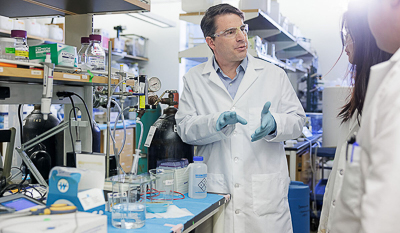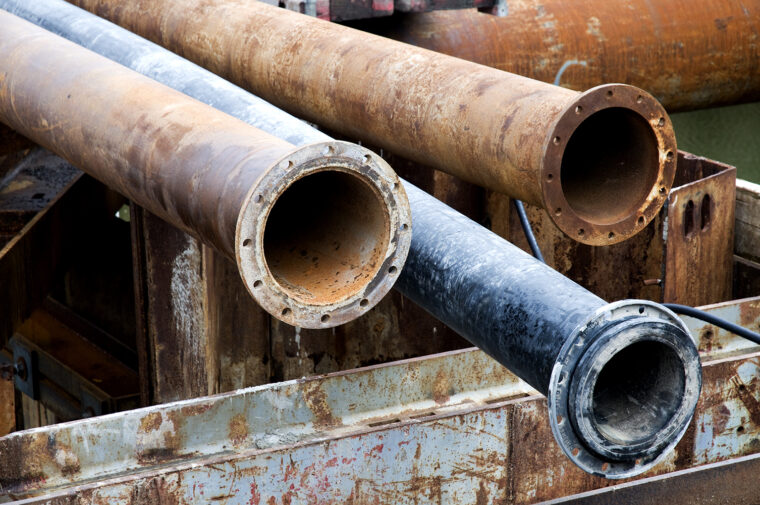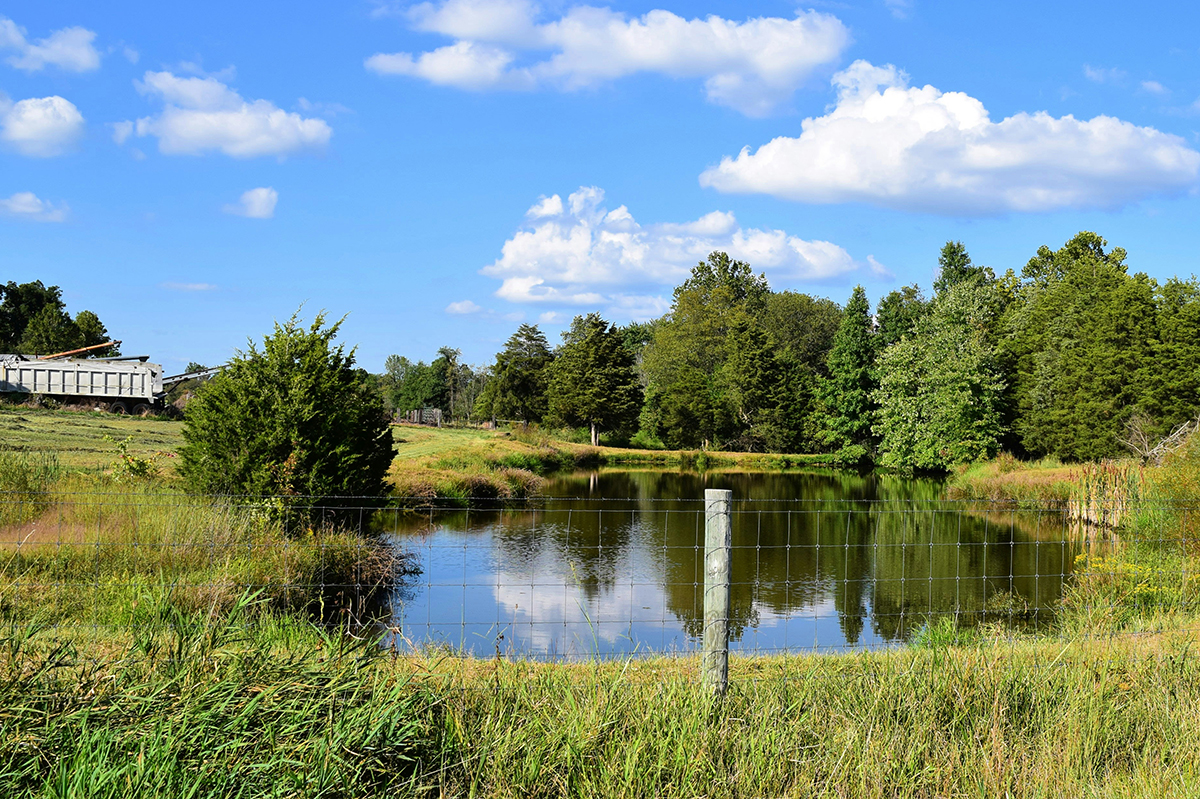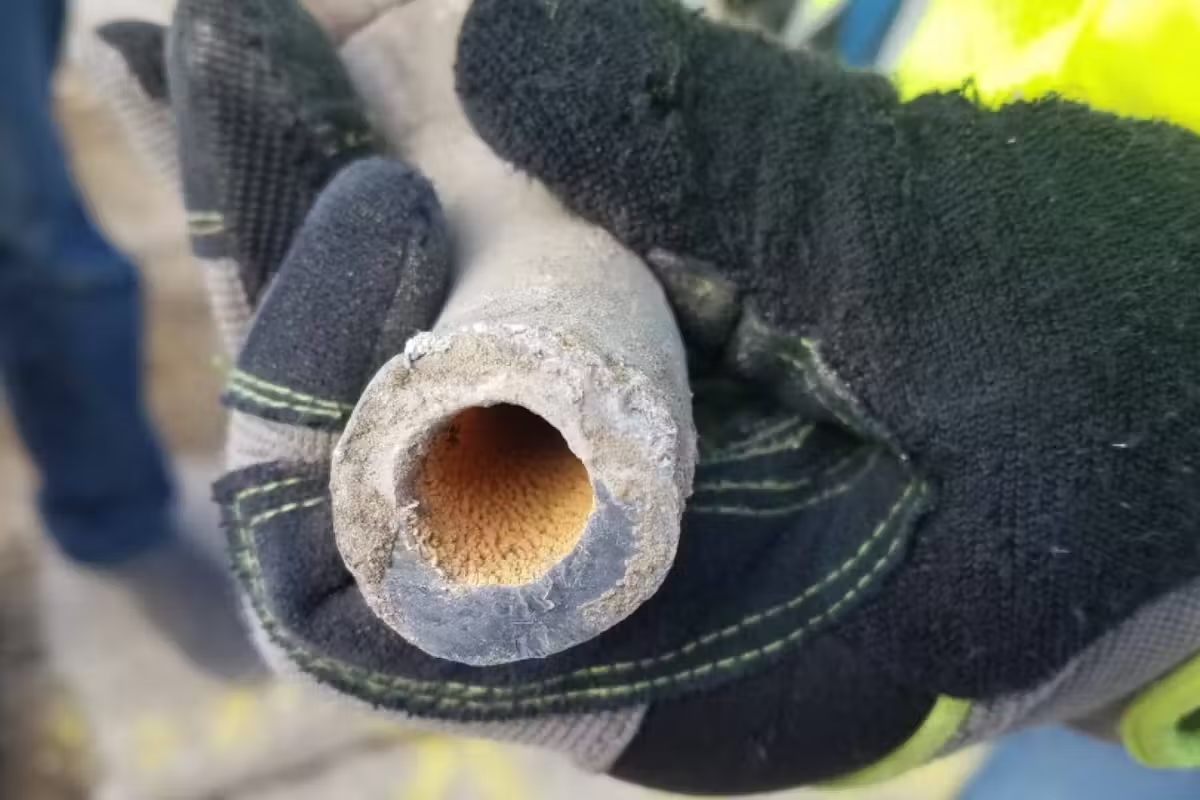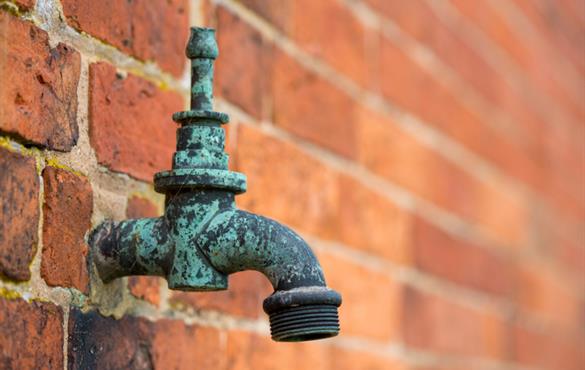Can we make drinking water safer?
This WashU program taps into a simple solution using household water filters to monitor and track safety.
Drinking water access in the U.S. is as diverse as Americans themselves, with thousands of individual municipalities providing water and quality testing, and millions of rural homes drawing drinking water from unmonitored private wells. Also, as many as 10 million older homes in America may still have lead pipes, meaning that otherwise clean water is arriving at the tap potentially unsafe to drink.
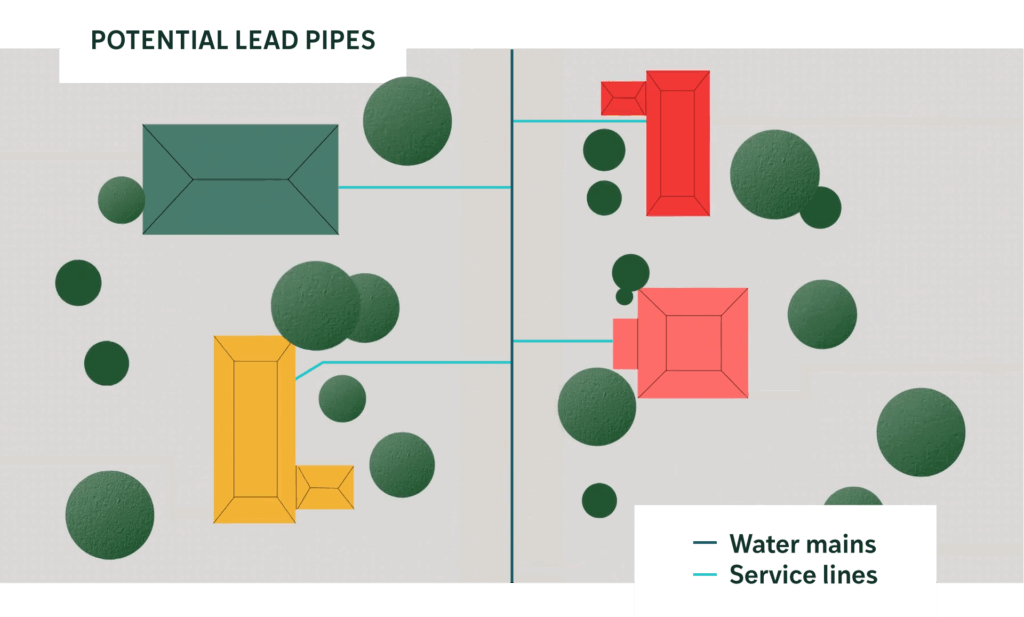
Many of us rely on point of use water filters attached to a faucet or pitcher to give us some peace of mind about the quality of our drinking water. But how do we know what contaminants are actually being removed or whether the filter is capturing the right things?
Trusted Tap, a new program from WashU’s Center for the Environment—with collaboration from McKelvey Engineering, the School of Public Health, the Sam Fox School, and the Skandalaris Center—provides the testing and information people need to ensure they have clean water. Users simply send in their used filters for testing and analysis. Results are shared online within days, along with recommendations and next steps if the results raise any warning flags.

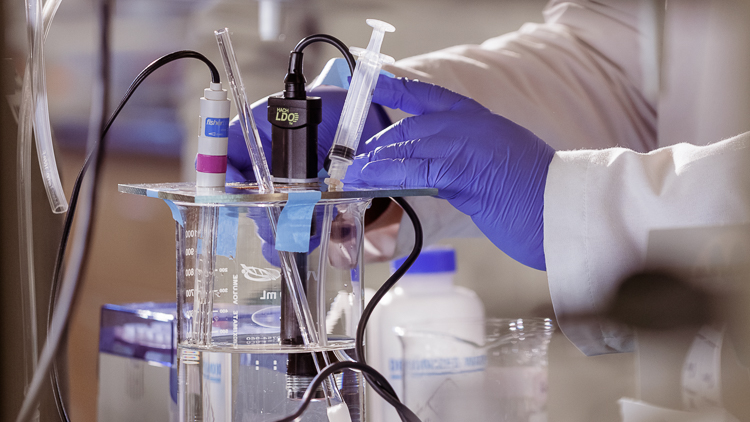
This information gives families a way to track their water quality over time and monitor changes. In the same way you might track your cholesterol, blood pressure or other health-related data, knowing that your family’s drinking water is consistently safe is a way to take control of your health.
The real power of this kind of testing and monitoring comes when multiplied across many households — an entire neighborhood, community or region. Ongoing data can reveal trends in drinking water quality over time or alert people to sudden changes in water quality.
Thanks to WashU researchers, there is a cheap, easy way to ensure clean water for everyone, no matter where they live.
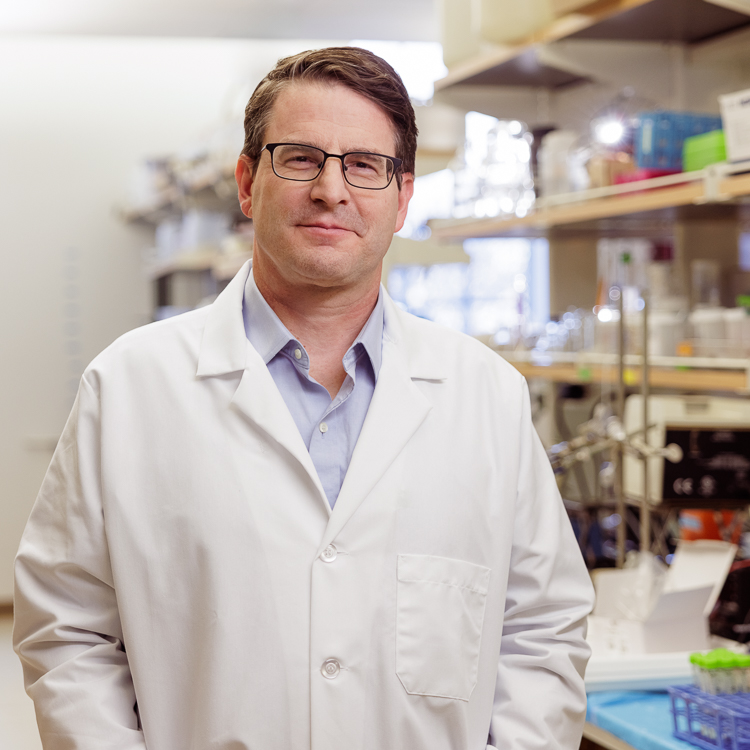
Trusted Tap is an innovative approach that uses commercially available filters to serve as both treatment devices—and as monitoring tools.
Dan Giammar, Director, Center for the Environment
Advancing science for safer water and healthier lives.
